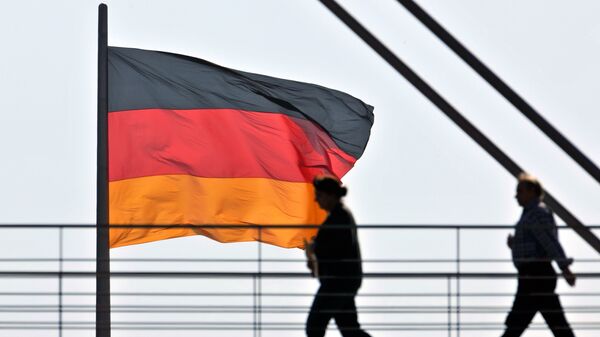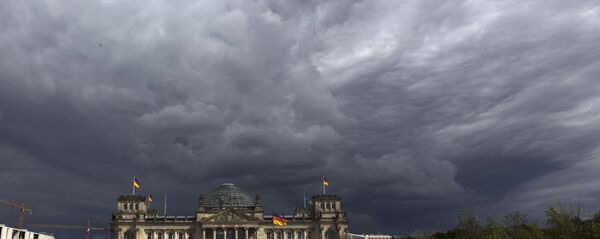According to figures from the German Bundesbank, German firms made 1.73 billion euros ($1.88 billion) of direct investment in Russian during the first six months of this year, almost as much as the 1.78 billion euros they invested during the whole of 2015.
Matthias Schepp of the German-Russian Chamber of Commerce told Der Spiegel that the weak ruble and Russian government measures to stimulate investment are encouraging long-term investment from Germany.
According to an industrial law passed in December 2014, if a company plans to invest at least 750 million rubles ($11.5 million) in Russia in a new enterprise, and commits itself to staying in the country for ten years, their investment gets a special contract with tax benefits.
In June consulting company EY (formerly Ernst & Young) reported that foreign investors established 201 new investment projects in Russia last year, an increase of more than 60 percent compared to 2014.
Germany accounted for the most projects (36), followed by the US (29) and France (20). Italy and China were next with 12 projects each, Russian news outlet RBK reported.
Schepp told RBK that German business in Russia owes its success to being ahead of the curve in terms of localizing production. He gave the example of German tire manufacturer Continental, which exports tires made in Russia to Eastern Europe, Scandinavia and China, enabling the firm to compensate for last year's fall in Russian car sales.
Bilateral trade between Germany and Russia reached a record 80 billion euros ($89.8 billion) in 2012, of which German exports to Russia were worth 38.1 billion euros ($42.8 billion).
In 2013 their bilateral trade was worth 76.5 billion euros, which dropped to 67.7 billion euros in 2014 as a result of falling oil prices, sanctions and counter-sanctions.




